Lessons
-
Changing the Narrative: Freedom From Violence and Freedom of Expression
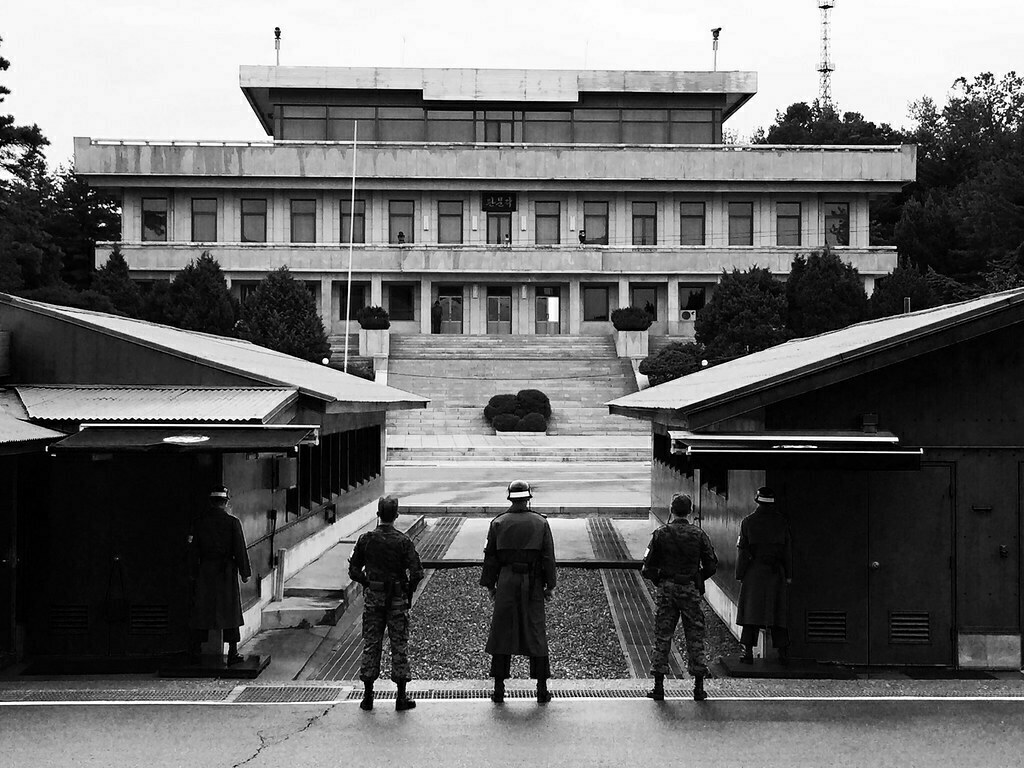
Learners gain a greater understanding of the human rights violations of the North Korean government.
-
Bullying: Language, Literature, and Life

Students will follow Jamie Nabozny’s story and learn to interpret language as a factor in perpetuating or preventing bullying.
-
Standing Up for Human Rights in China
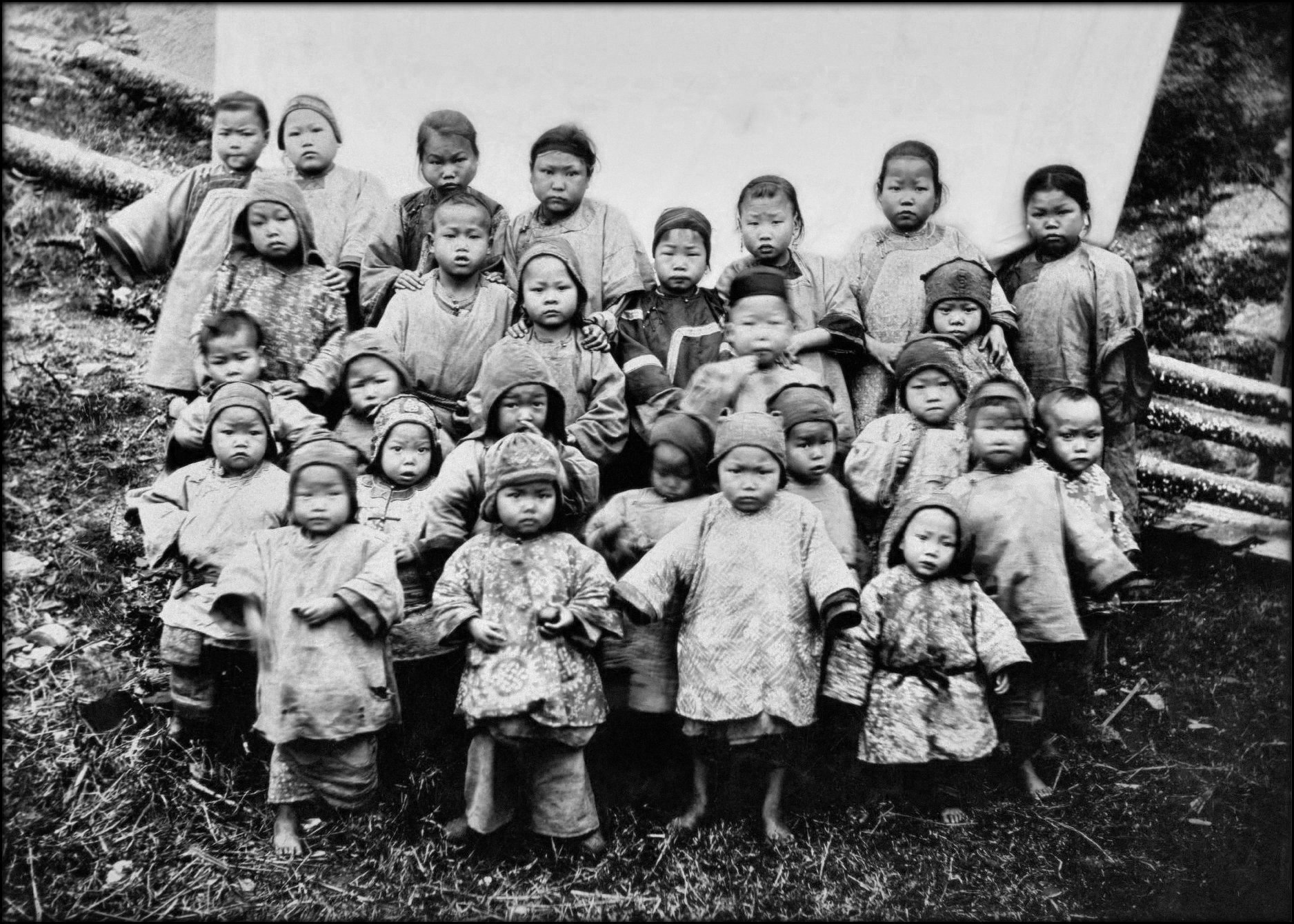
Through Harry Wu’s story, students will be able to provide examples of dehumanization, understand how labor camps deny human rights, and learn to find the courage to stand up for their beliefs.
-
Human Rights and Psychosocial Disability
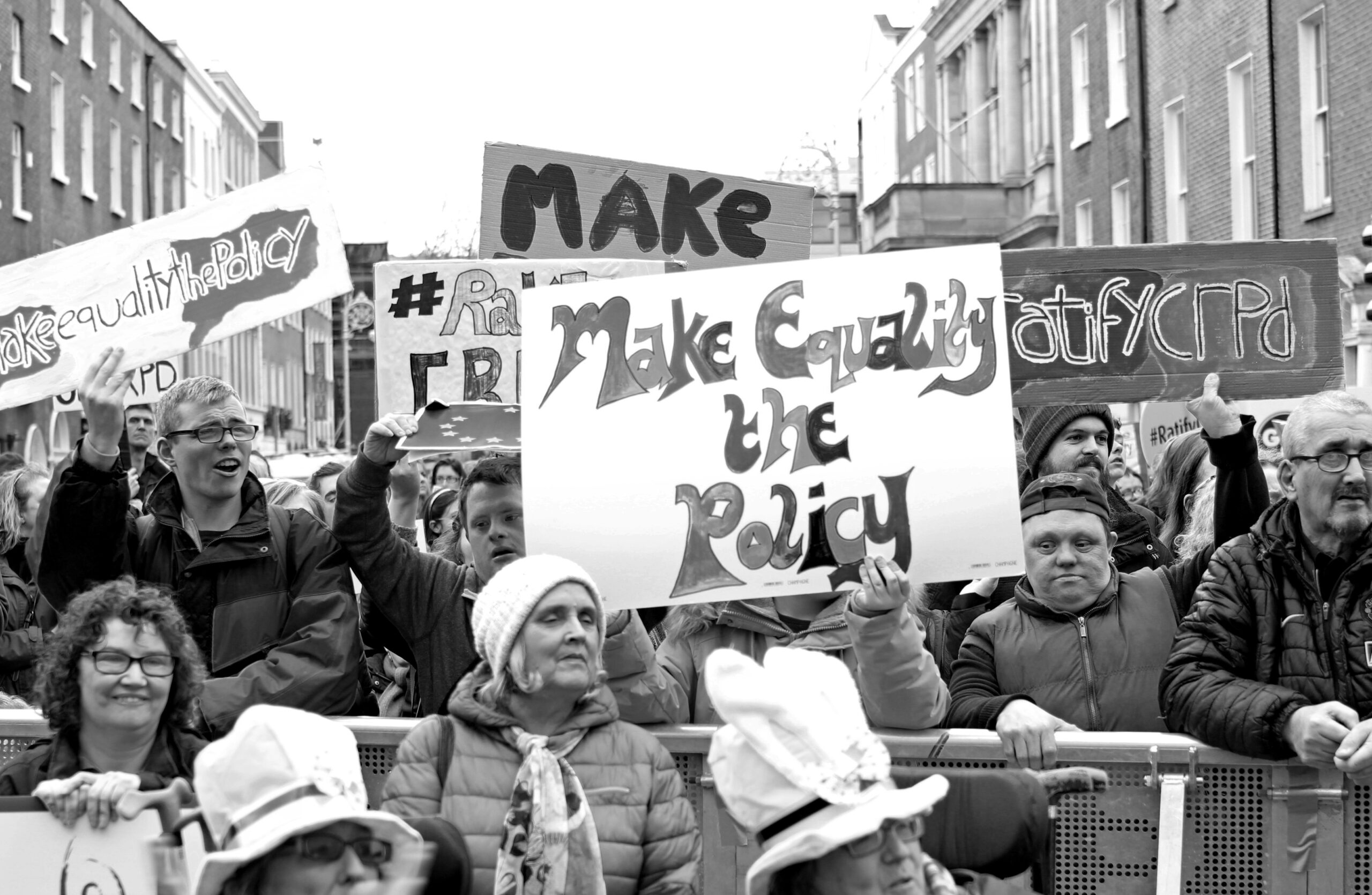
The lesson uses circle and experiential techniques to put students in the shoes, stories, and emotional state of a person with a psychosocial disability.
-
LGBTQ+ Rights and Non-Discrimination
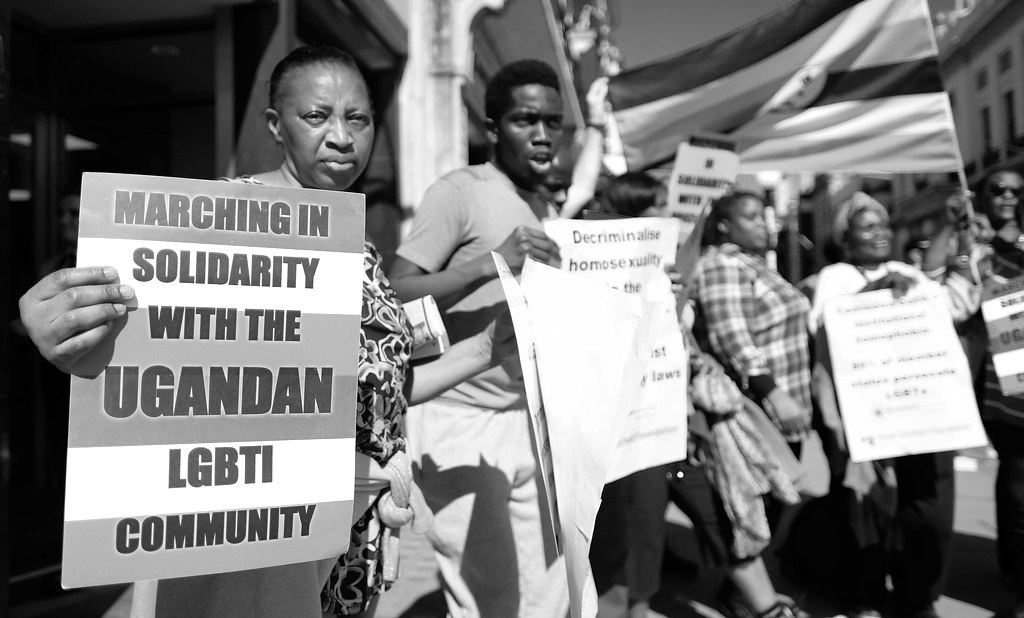
Students examine the human rights context for LGBTQ+ people in Uganda, analyze tactics for bringing about change for marginalized people, and look at transitional leaders who have brought about social change.
-
Farmworkers and the Struggle for Humane Working Conditions

The history of Robert F. Kennedy Human Rights is closely tied to the rights of the farmworker movement. That work continues today and is explored in this lesson plan.
-
Freedom From Discrimination
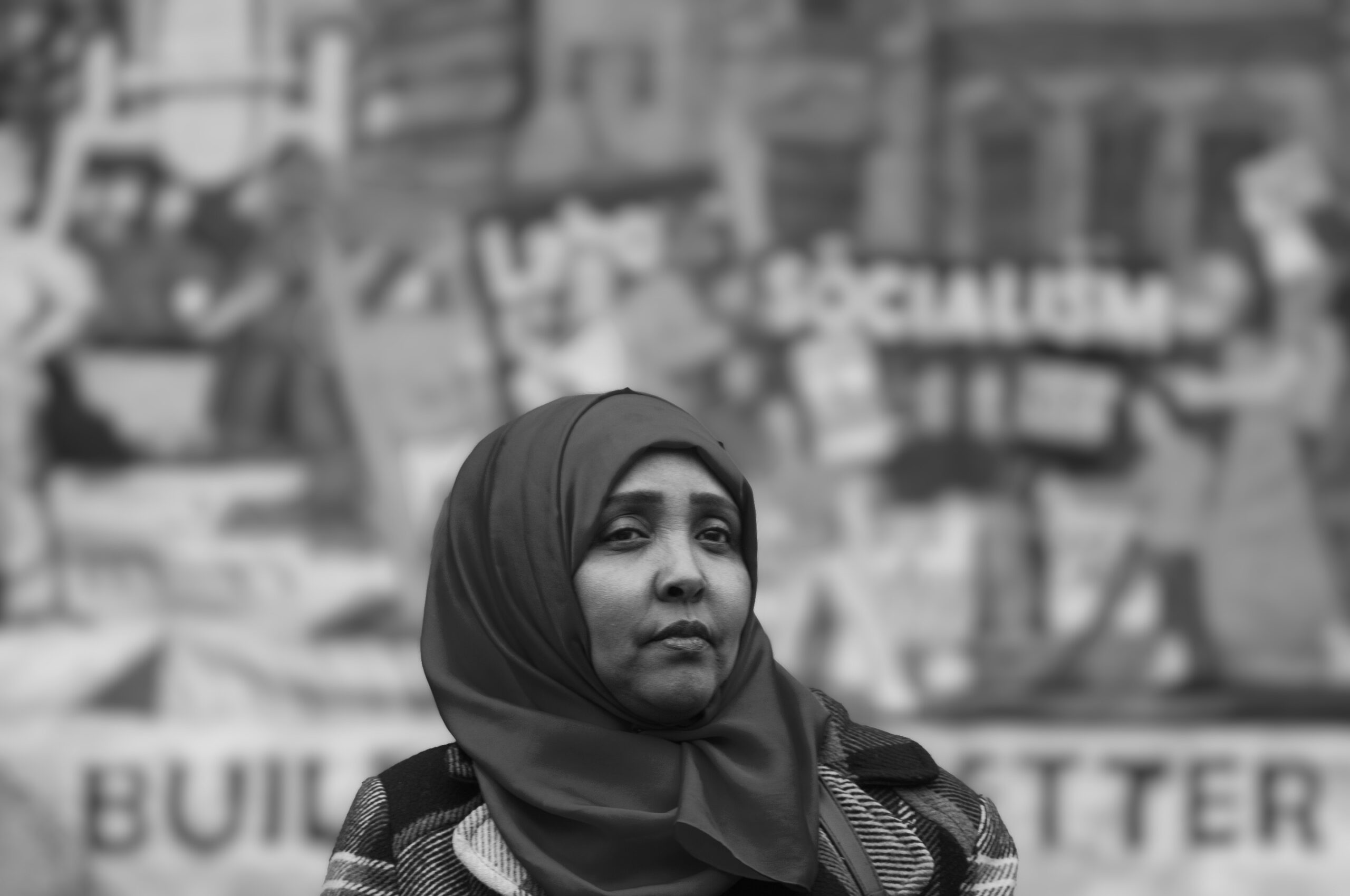
The lesson seeks to break down stereotypes about people who are Muslim and increase understanding of Islam.
-
China, Tibet, and a Message of Non-Violence

Learners examine the conflict between China and Tibet, religious freedom, and nonviolence as a solution to conflict.
-
Promoting Change and Understanding Through Non-Violent Means

Students read excerpts from Carlos Filipe Ximenes Belo’s Nobel Peace Prize lecture and analyze the struggle of the people in East Timor.
-
Peace as Economic Justice
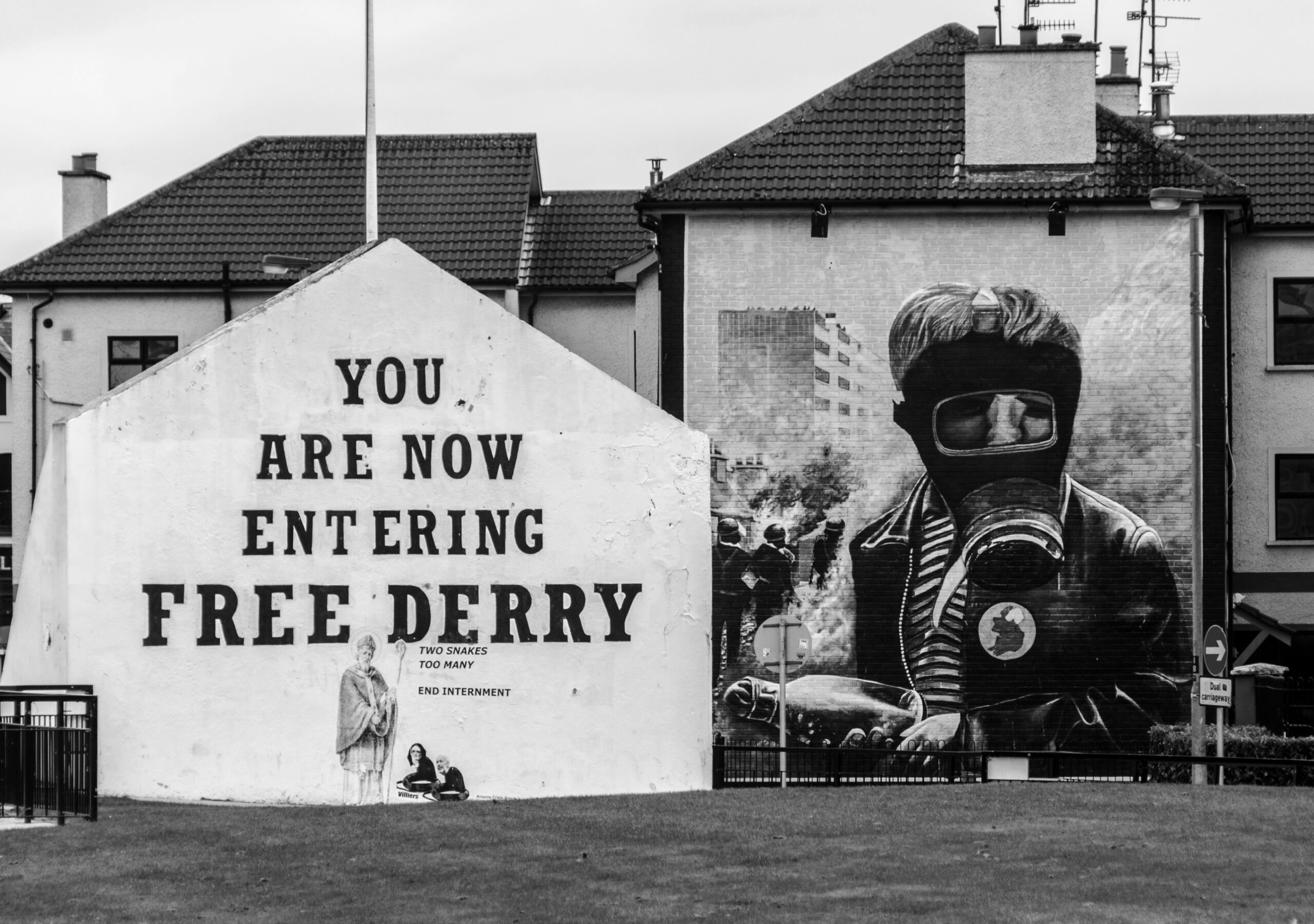
In this lesson, students search for the root causes of violence that support or detract from peace.
-
A Legacy of Combating Urban Poverty

We explore Robert F. Kennedy’s legacy of urban economic justice through the work of Bedford-Stuyvesant Youth In Action and Rami Nashashib.
-
A Legacy of Combating Rural Poverty

Students research how rural poverty affects health, education, employment, and housing.


Share